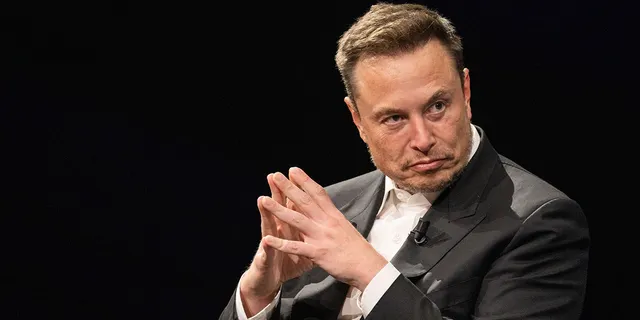By Daniel Edu
China’s Evergrande Group, once one of the country’s largest property developers, has filed for bankruptcy in the United States. The company faced heavy borrowing and defaulted on its debt in 2021, leading to a property crisis in China’s economy.
Evergrande filed for Chapter 15 bankruptcy protection, which allows a US bankruptcy court to intervene in insolvency cases involving other countries. This form of bankruptcy is designed to facilitate cooperation between US courts, debtors, and foreign courts engaged in cross-border bankruptcy proceedings.
The Aftermath of Evergrande’s Default
The default of Evergrande in 2021 had far-reaching implications for China’s real estate sector, which had been a crucial driver of economic growth, contributing up to 30% of the country’s GDP. The collapse of Evergrande sent shockwaves through China’s property markets, impacting homeowners and the broader financial system.
China’s government had already initiated measures to curb excessive borrowing by developers to control rising housing prices. Evergrande’s default prompted a series of defaults by other major Chinese developers, amplifying the industry’s problems.
Evergrande’s Ambitious Plans
Evergrande, with over 1,300 real estate projects across more than 280 cities, struggled to repay its loans after the default. Its debt load reached around $340 billion by the end of the previous year, equivalent to about 2% of China’s GDP. The company also reported a loss of $81 billion in shareholder value in 2021 and 2022.
Earlier, Evergrande announced a comprehensive debt restructuring plan, which was considered China’s largest. The plan aimed to alleviate offshore indebtedness and restore normal operations within the next three years, requiring additional financing of $36.4 billion to $43.7 billion. The company also warned that its electric vehicle unit could face closure without new funding.
Recently, Dubai-based automobile company NWTN revealed a $500 million strategic investment in Evergrande’s electric vehicle group, securing around 28% stake in exchange for the investment.




